Five Things to Frame for Your Athlete This Winter.
Before I jump into this post, I want to share a bit about myself and what I do here at SSCV. I graduated from the University of Denver with an M.A in Sport and Performance Psychology. I work with full time athletes U16 and older (age 14 and older) to help them think in ways that increase performance. Together with the coaches, I create a program specific to the needs of that team. Most meet weekly during the fall, then transition to on hill Peak Performance coaching during the winter season. This also includes individual coaching where I work with athletes one on one in pursuit of their performance goals. I also work closely with the coaches of the U12 and U14 age groups to create age appropriate coach led mental training.
This summer and fall training showed a great turnout of dedicated athletes. However, it’s never too late to start practicing. Mental skills take practice just like physical ones. As the athletes continue to hone their mental skills, here are some commonly tough topics that can be framed for success.
Failure– It does not feel good for anyone. Be there for them and empathize. Resist the urge to ‘fix it’. Then help them understand that they cannot only learn from the situation but show them how to mobilize efforts toward improvement if they are not going in that direction already. Help them be willing to be ‘embarrassed’. Being willing to fail, and sometimes looking/feeling silly in the process is crucial to growth.
Obstacles– Acceptance is key when obstacles arise. Help your athlete frame obstacles in informational ways that decrease the emotion that can hurt their forward progress. Also, remind them to stay the course. With most ordinary obstacles there will be no need to rearrange your plan of attack.
Effort– Keeping the focus on effort is a great way to decrease drama this season, and increase performance. Help athletes frame situations around effort. Did they do their best, why or why not? How are they working toward their performance goals or skill oriented goals? What are they learning about how to perform?
Feedback– There was a message sent, a message received and a message interpreted. Help your athlete understand the different perspectives. Then ask how they can use the idea of a feedback filter where, the statement goes into the ‘filter’ and comes out emotionless and useful.
Success of others– When competing, it is not uncommon to have a negative reaction to the success of a competitor. However, we are in a unique environment where those we compete against are our very teammates that push us to improvement in training. Help frame the success of others using both competition and collaboration. It does not have to be an environment of me OR him/her, it can be me AND him/her.
Please click the image below for a larger version!


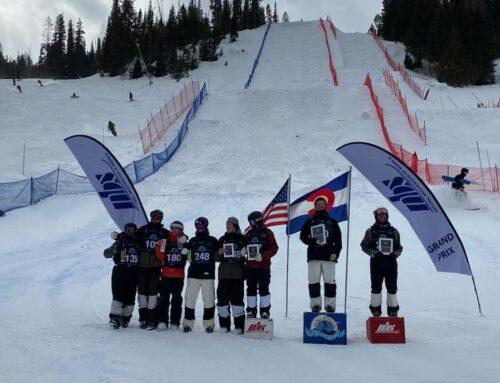
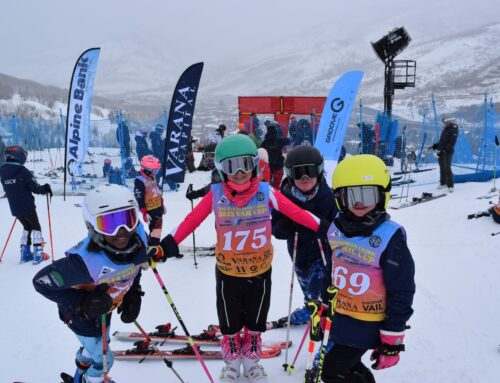
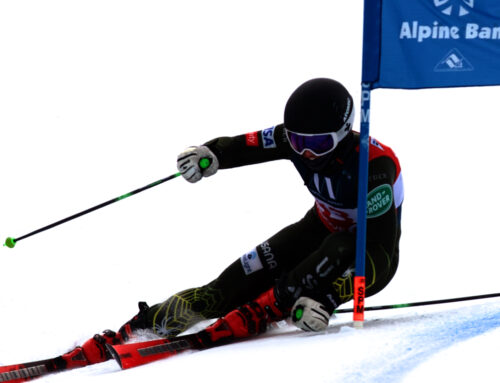
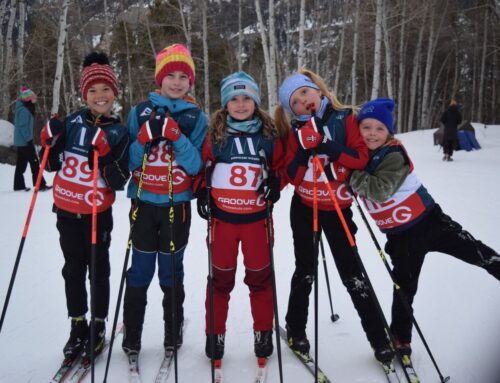
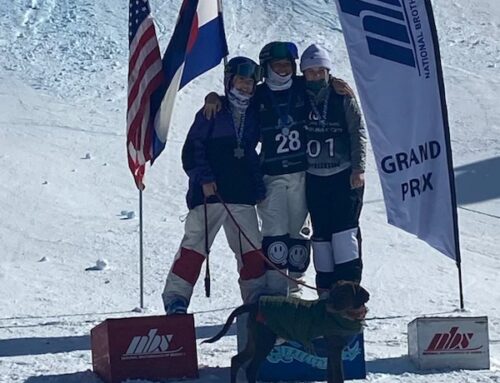
Follow SSCV